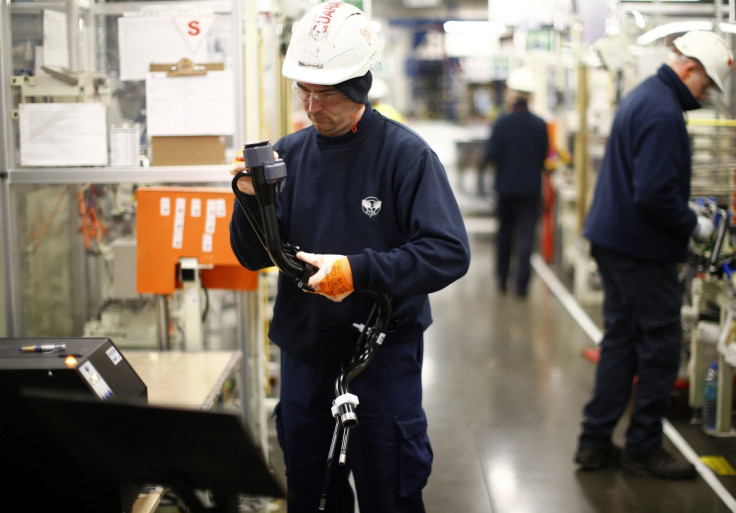Dramatic increase of male part-time workers struggling with low wages
Number of part-time workers on low wages has increased dramatically over the past two decades.

The number of men on low wages working part-time has quadrupled over the past 20 years, a new survey showed, highlighting the growing income inequality among workers.
According to research published on Friday (13 January) by the Institute for Fiscal Studies (IFS), one in five men aged between 25 and 55 years work part-time on low wages, compared to one in 20 two decades ago.
Conversely, the ratio of men on middle and high wages employed on a part-time basis remains below one in 20, the survey found.
"In the past 20 years, the incomes of the top 1% have pulled further away from the rest," said IFS economist Chris Belfield.
"But across the vast majority of the population income inequality has actually fallen.
"However, in large part this is because the tax and benefit system has worked increasingly hard to offset disparities in the pay brought home by working households, and because of the catch-up of pensioners with those of working age, as well as falls in worklessness."
According to the Office for National Statistics, the inequality gap has narrowed, as the richest fifth of households saw their incomes fall by £1,000 (£1,220, €1,115) in the year to April 2016, while median disposable income for the poorest fifth of households rose 5.1% over the same period.
However, IFS economist Jonathan Cribb insisted the dramatic rise in the number of low earners working part-time jobs was a matter that needed to be addressed.
"The number of low-wage men working part-time has increased sharply over the past 20 years," he said. "To understand the drivers of inequality in the UK it is vital to understand the growing association between low hourly wages and low hours of work among men."
The report also dismissed the notion suggesting the financial crisis was a crucial factor behind the increase in low paid part-time workers, nor was the trend limited to a particular demographic.
"The rise of part-time work among men on low hourly wages far predates the recession and is widespread," the research said. "The trend has been occurring consistently for 20 years and is observed for low-wage men across the age spectrum, for single men and men in couples, and for those with and without children."
Earlier this week, Labour leader Jeremy Corbyn said his party would introduce a maximum wage in a bid to tackle inequality in the UK.
"If we want to live in a more egalitarian society and fund our public services we cannot go on creating worse levels of inequality," he said. "I would like to see a maximum earnings limit."
However, the opposition leader failed to disclose how high he thinks the cap should be.
© Copyright IBTimes 2025. All rights reserved.






















